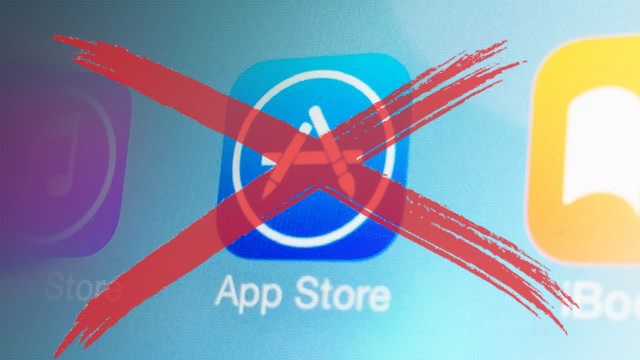Apple just removed a significant barrier for opening a rival iPhone app store in the European Union. Submitting a million-euro letter of credit is no longer required. There are still plenty of other requirements, though.
Rival app marketplaces are coming to the European Union — and nowhere else — because of landmark legislation that forced Apple to broaden the options for installing iPhone apps.
Opening an iPhone App Store rival gets easier
Apple fought tooth and nail against the iPhone sideloading provision in the EU’s Digital Markets Act. It lost, though, and is required to implement the changes beginning this month. And the door opened Tuesday with the release of iOS 17.4.
But that’s not the end of the story. Some developers complain that the way Apple implemented the DMA’s requirements puts up so many barricades that the company isn’t truly in compliance.
Among the rules critics pointed to was one that said any company planning to open an alternative iPhone app store must provide Apple with a standby letter of credit of 1 million euros from a top-ranked financial institution. This is to “establish adequate financial means in order to guarantee support for your developers and users,” according to Apple.
The iPhone-maker bowed to the pressure and updated the requirements so there’s now a second option. Instead of a letter of credit, a company that wants to open a rival to the App Store can “be a member of good standing in the Apple Developer Program for two (2) continuous years or more, and have an Application that had more than one (1) million First Annual Installs on iOS in the EU in the prior calendar year,” according to an update on Apple’s developer website.
Rival iPhone app marketplaces, not direct sideloading
The new EU law prevents Apple from making the App Store the only option for installing third-party iPhone applications for EU residents. Many assumed that would open up sideloading — directly installing apps onto a device, with no store required.
Apple instead allowed other companies to open their own iOS software marketplaces, but put considerable requirements on these.
In addition to the two alternatives already mentioned, a company cannot limit its alt app store to only its own software. A game developer can’t list just its own titles, for example. Every marketplace must offer “apps from other developers,” according to Apple.
Also, a rival iPhone app store must watch out for fraudulent applications, comply with local laws, and take down applications when ordered to by their local government.
To be clear, this is something only residents of the European Union need to be concerned about. Everyone else is still limited to Apple’s own App Store.


